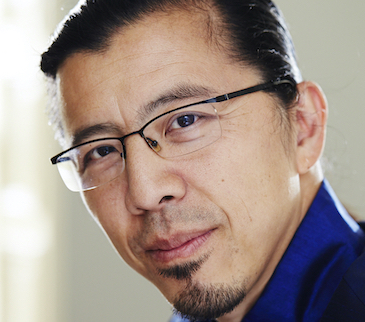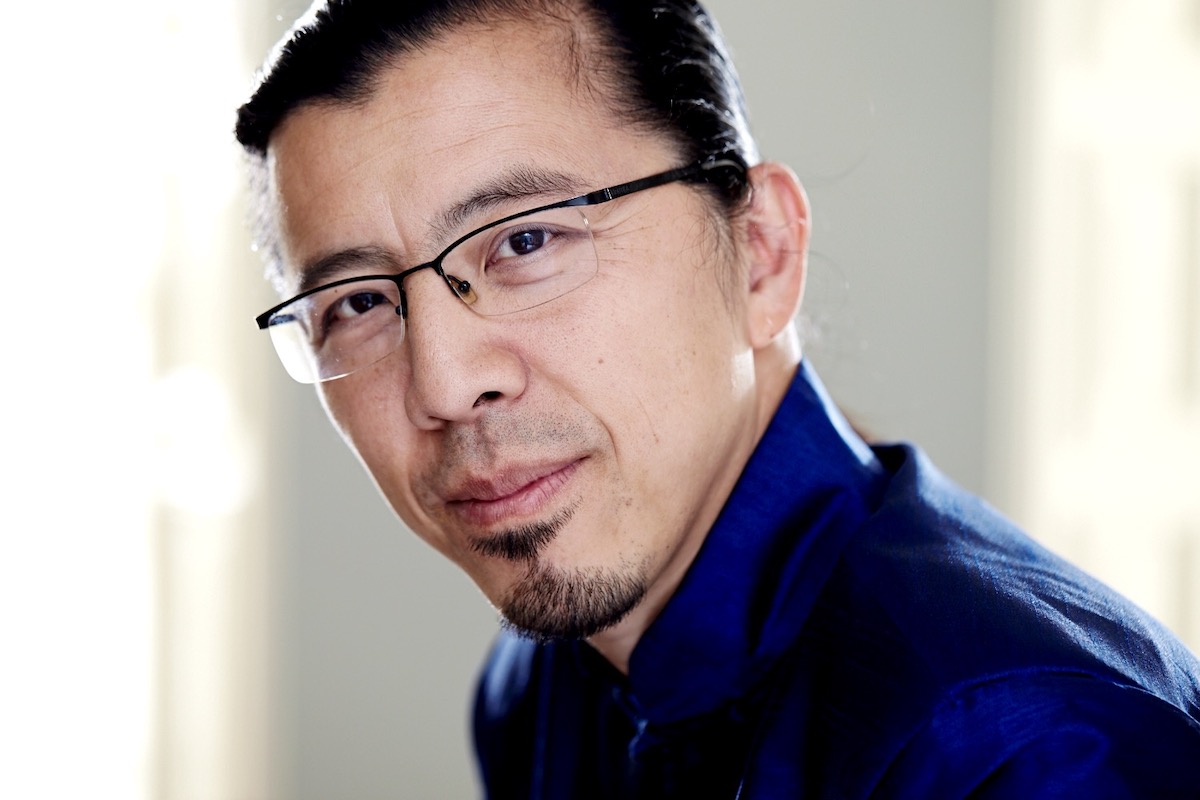I find that building emotional associations helps with memorization. Let’s say I’m working on a piece and it’s on the verge of being memorized, and I just need to work on solidifying memory. My goal is then to create these moments of dread, intention, and strong emotions around the experience because that’s going to help me anchor the piece in my system. So I make the process cumbersome and emotionally intense.
Put the score away as far as possible.
One of my tricks is putting the score as far away from the piano as possible, in a very inconvenient place. I practice in the music room and I put the score in the room on the other side of the house. I close the score, leave it there, and then I trek back to the piano and I try to play the piece. Since I am testing my memory, there will inevitably be a passage that I don’t remember. I’ll try all the techniques that I have at my disposal. Perhaps I’ll remember a note or a finger and try to build that passage up around it. If I’m successful, great; I found a way to remember it and it’ll be easier next time. If I fail, I know that I have to walk all the way to the other end of the house to get the answer. That gives me some motivation to try a little harder. It creates an emotion of frustration and determination. If I still don’t get it, I will trek all the way to the other end of the house, open the score to find the place, and look at the passage as much as I need, because I can’t take the score back with me. All I can do is just look at whatever I want to look at. I close it and then I have to make the trek all the way back to the piano before I can execute on that. Very often I find that I close it and then I’ll think “I don’t, I can’t, I’m not competent”, so I’ll open up again. I’ll look at it again, which reinforces the memory and then I’ll close it and I’ll do that a few times until I feel confident that I can make the distance back to the piano. The whole time I’m going back to the piano I’m hyper-focused on not forgetting what I just learned, which is great for memory solidification. I sit at the piano, very conscious of having one chance to do this. I’ve created that whole emotional sequence around that passage and it’s going to be anchored more than usual. If I fail, I know I have to go through the sequence again. I’m purposely making it emotionally challenging and memorable to do a mental thing.
Emotions and mental work.
This is one place where I feel like a lot of the existing mental methods perhaps underemphasize or overlook the important role of emotions. If you’re excited by mental work, that’s an emotion. Some people are turned off by mental work, and that’s an emotion too. Others are just neutral about mental work. There is no emotion there. It’s just a collection of facts and that’s not going to stick as easily. So it’s very important for us to be conscious of the emotions that our mental work is creating. Meditation facilitates that awareness. It helps you observe what emotions are being evoked and associated with the mental work you are doing.
One section at a time.
I try every day, whatever I’m working on, to play from memory. I usually focus on one section. There are people who memorize much more quickly than I do. If they play something, they can play it again. They have good aural memory or they have good finger memory. All the different memories work together and some people are just stronger than others at quick memory. I know I don’t have a very quick aural memory. I can’t hear something and then reliably play it. I don’t have a very good finger memory, in the sense that if I play something, I can repeat it physically. I’m a very intellectual person. So I worked on memory from an intellectual standpoint, and that ended up working for me.
Know yourself better.
One of the keys for learning how to memorize music better is to understand yourself so that you know your strengths and weaknesses, what memories work best for you and what memories don’t. Then you must devise your memory network to rely on your strengths and try to bolster your weaknesses because at some point you’re going to need help from all different kinds of memories. We all know as performers that once you get on stage, everything is up for grabs!
Find your language.
I don’t use imagery so much. Some people see colors and numbers and when they play, and they can use those images to help with their memorization. Everybody has their own language they develop which they use. Trial and error is needed to figure out what works for you. Certainly, once I became conscious that I needed to observe that, then I started really learning from it. Self-understanding and self-knowledge is very important for all of this work. The emotional associations that come when you work on memorization are the hot tip of the tool that you can use to etch the music into your brain. Without emotions, you can’t be as successful in your memorization practice. So linking the mental and emotional together is very important.
Learn more about mental practicing here.
Read about Meditation and Free-Association in Mental Practicing.

Frederic Chiu
Frederic Chiu is a piano faculty at Carnegie Mellon University and the Hartt School. He performs at major venues on five continents: Lincoln Center in New York, Kennedy Center in Washington, The Chatelet in Paris, the Mozarteum in Buenos Aires, as well as touring extensively in smaller and unusual venues. He collaborates with Classical music friends Joshua Bell, Pierre Amoyal and the St Lawrence String Quartet, as well as non-Classical friends like jazz pianist Bob James or storyteller David Gonzalez, to bring vivid live piano experiences to all audiences.
Frederic Chiu has recorded the most extensive complete piano works of Prokofiev, and his personal relationship with the Prokofiev family has made him a world-recognized advocate of the composer. Across 28 albums, he has recorded works of Chopin, Liszt, Ravel, Mendelssohn, Brahms, Rossini and Grieg, and most recently the Beethoven/Liszt Symphonies V and VII. “Hymns and Dervishes,” music of Gurdjieff/de Hartmann, Distant Voices: Music of Claude Debussy & Gao Ping, and Schubert’s Fantasy for Violin and Piano demonstrate his wide legacy in recording.



Comments are closed.